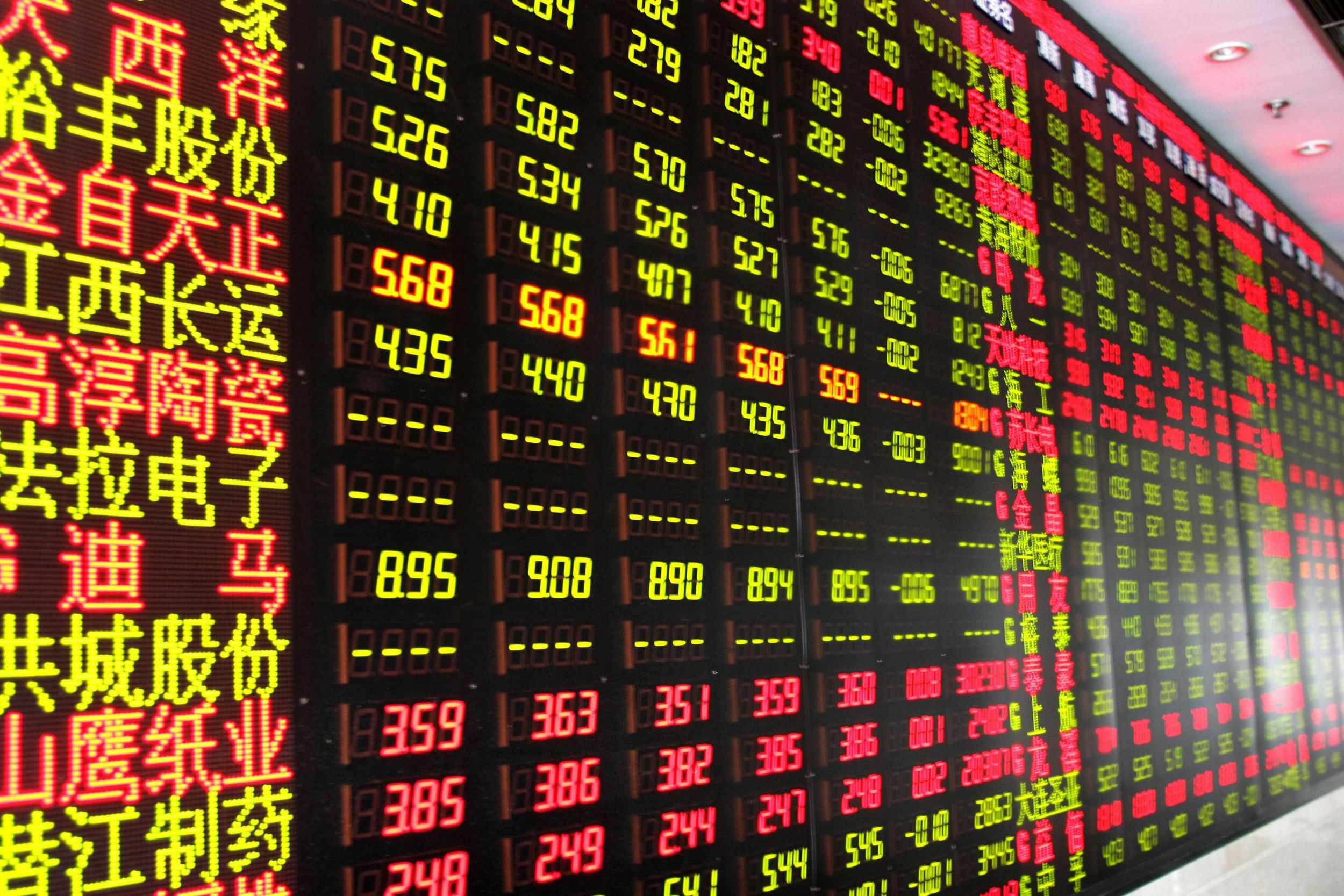
Business
13:10, 25-Mar-2018
Will 2018 pave the way for greater equity market liberalization?
By CGTN's April Ma

No one can rightfully predict if this year stocks will go up, down, sideways, or around in circles, but one trend that few can argue against is that 2018 is meant to be a year full of milestones for China’s stock market. As China embarks on a road of robust reforms towards market access and liberalization, 2018 marks a critical period for the world's second largest equity market.
Joining the MSCI club
In less than three months, global investors will gain greater exposure to China’s domestic equities, known as A-shares, as they get included in the MSCI emerging markets index. About 1.6 trillion US dollars worth of funds passively tracking the benchmark index will be mandated to buy into the Chinese stock market.
The MSCI’s decision to incorporate Chinese stocks in its indices is recognition of China’s market liberalization efforts, especially the successful launch and implementation of the Shenzhen Stock Connect in December 2016, granting global investors a broader channel through which to introduce Chinese mainland equities into their portfolios.
The first pivotal moment will come in June, when domestic stocks will be catapulted into global funds, and is expected to bring significant upside to the world’s second largest market. It is largely anticipated to drive up each of the more than 200 stocks admitted, and also have a spillover effect on their respective sectors, which could likely buffer market confidence and send the broader Shanghai and Shenzhen indices up.
But increasing global demand and attention on the domestic shares are also likely to put pressure on the trading volume of the dual Hong Kong connects, and the risk of the daily quotas being hit will be much higher.

VCG Photo
VCG Photo
Dangling carrots
The inclusion in June will lead to increased market exposure for investors globally and increased integration of Chinese equity markets with global capital markets. As a consequence, we will see the yuan playing an ever-increasing role on the global stage and the further development of index futures and currency derivatives.
The prospect of a higher weight in the MSCI indices will act as a carrot, or an incentive to further enhance market practices to ensure even better accessibility, discipline and disclosure.
In the long run, we might expect to see an easing of barriers, such as the removal of the 30 percent foreign ownership cap and more relaxed repatriation rules for QFII. The indices provider mentioned it hoped to see the gradual uplift of the northbound quota for the Hong Kong connect, better implementation of suspension limits and more enforcement over information disclosure, as well as the loosening of the approval process for share index-linked investment vehicles in the coming years.

VCG Photo
VCG Photo
Pressing on with liberalization
We can also expect steps in the direction of a more open registration-based listing system, which has been delayed for another two years, as opposed to the current approval-based system. China’s securities regulator and the dual bourses have come out with more explicit and firm measures to force non-compliant companies to be delisted, paring out the companies that no longer deserve to raise cash freely from the public.
Delisting mechanisms with more bite can be seen as a prerequisite to protect retail investors, which still constitute the majority, from getting the short end of the stick. It could also prevent the retail investors from falling prey to companies that do not diligently disclose information or maliciously violate regulation, before opening the flood gates and lowering the threshold for raising capital on the stock market.
There is also much buzz over China Depository Receipts, or CDRs, the Chinese equivalent of ADRs to grant domestic investors greater exposure to US-listed tech stocks. Remarks have been repeatedly made by securities authorities on all levels about how they have had enough of China’s investors missing out on the opportunities in tech and the new economy.
With the Hong Kong Exchange already venturing down the path, regulators may begin to consider dual class shares with a longer trend in mind. This will attract tech companies whose founders are inclined to retain control through special voting rights even as their shares are diluted.
From the Two Sessions we have also seen incessant calls for better information disclosure, and there are hopes for more muscle devoted to monitoring foul play, as well as heavier consequences for insider trading and market manipulation.

VCG Photo
VCG Photo
Black swans
The threat of a China-US trade war has never been so real as in the past few weeks, as China toughens its stance and gets into a position to retaliate. Global markets have taken a tumble since Trump’s decision to impose tariffs on up to 60 billion US dollars of imports from China, the Shanghai Composite was down 3.4 percent and the Shenzhen Component index fell more than four percent, while the Dow Jones suffered a similar blow.
A trade war is perhaps the greatest uncertainty troubling what would otherwise be a relatively stable and consistent course towards financial stability and market reforms. While the short term impact is sure to sting for weeks, it seems there is still time to backtrack. Looking back months from now, the slump could either be the first clap of thunder, or a mere blip.

SITEMAP
Copyright © 2018 CGTN. Beijing ICP prepared NO.16065310-3
Copyright © 2018 CGTN. Beijing ICP prepared NO.16065310-3